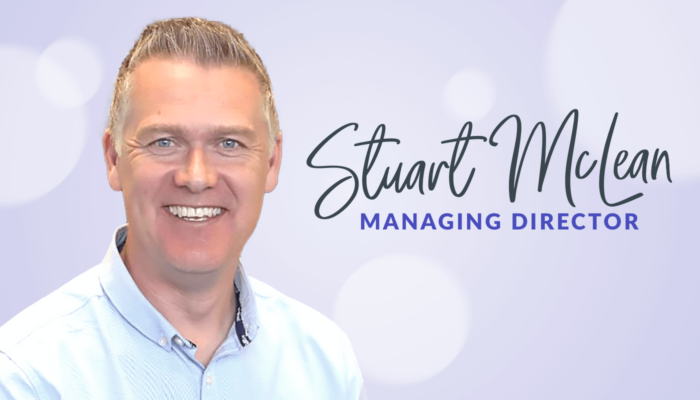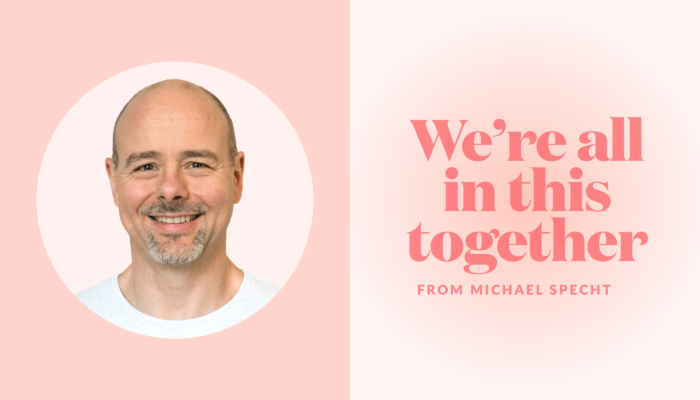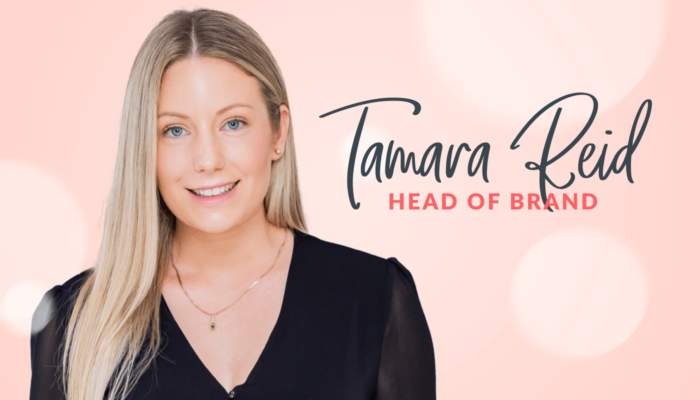What Darwin Knew About Work-life Balance
Timely CEO Ryan Baker speaks about his latest experience at the third SaaStr Annual in San Francisco.
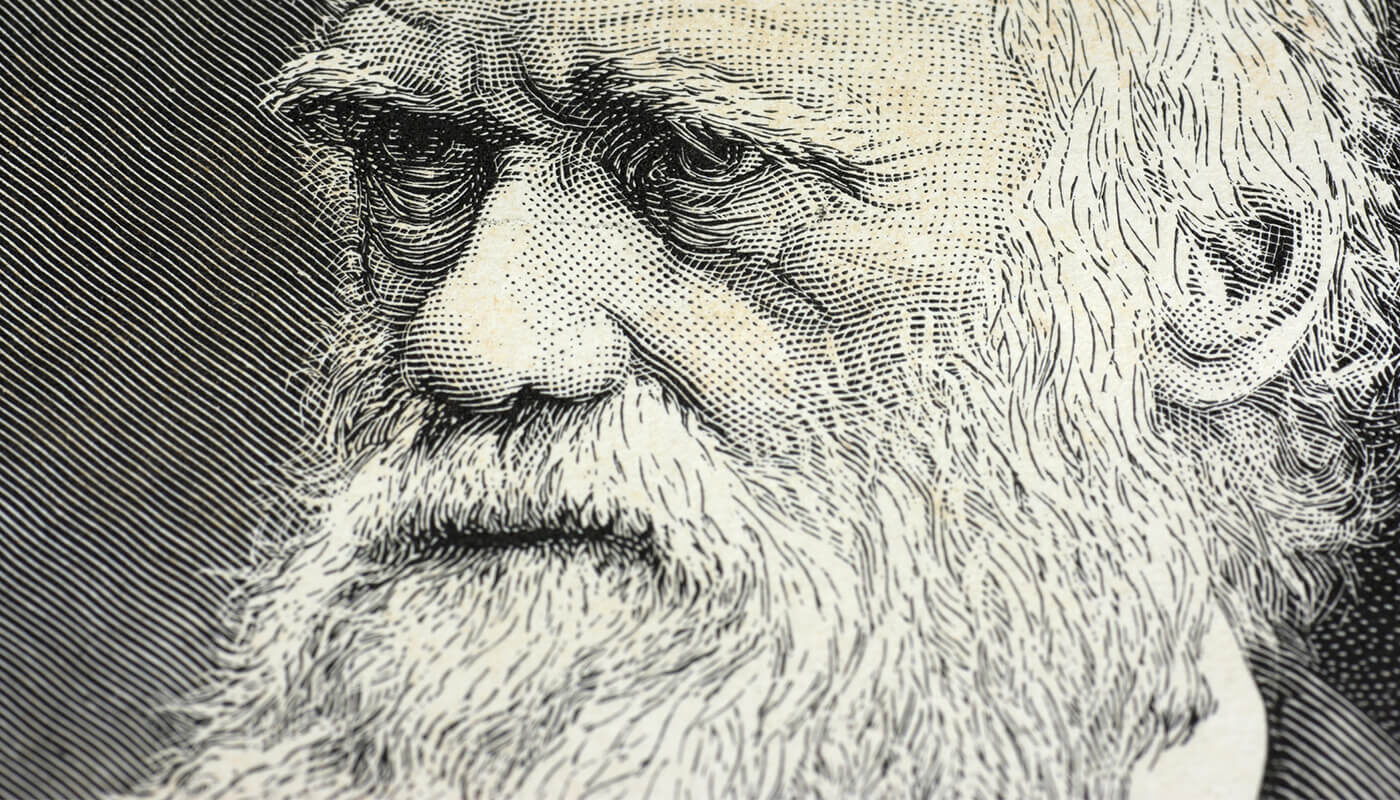
My view of Silicon Valley from past visits is a kind of pressure cooker of long hours and hyper-competitiveness. A place where people live to work and are prepared to pay that price in the pursuit of career success at the world’s coolest tech companies. It appeared to be a place that was only suited to young, Type A personalities. However, on my visit last month I was able to dig deeper, get to know the people better and see past the unicorn rhetoric.
I went along to the third SaaStr Annual in San Francisco, an event that has doubled in size every year and joined 10,000 attendees soaking up knowledge from 250 speakers across three jam packed days. I was excited.
I also expected to be an odd one out. Not in terms of age, ethnicity or gender. On those I would blend right in, albeit getting a little old now. On the first day I sent my wife a photo of the crowd at the event and she replied “I see a lot of dudes that look like you.” She wasn’t wrong. At 39 years old, male and Caucasian I fitted right in, unfortunately.
Where I didn’t expect to fit in was with my stance on work-life balance.
I might be the only attendee who noticed that SaaStr took place in the same week as International Darwin Day: the birthday of Charles Darwin, best known for his theories of evolution and his views on natural selection. He also apparently ate an owl, and arguably should be more famous for that.
Darwinism is relevant here, because natural selection is a big driver for positive change in the tech community. This is especially true in Software as a Service (SaaS).
SaaS has introduced a selling and buying model that is very different to 15 years ago. And it’s profoundly better. Customers find, trial and select products in their own time. They keep paying for the ones that deliver value. They cancel the ones that don’t. Customers give companies life, or take it away. The model works in its perfect simplicity because it puts genuine onus on companies to provide great products. There’s really no faking it in SaaS.
So it follows: workplaces who value balance attract people who are highly engaged and productive. This environment also encourages diversity. Supported, engaged and diverse teams build better products. Customers give life to these companies whose products deliver genuine value.
Seems simple, right? So why don’t more companies promote a work-life balance instead of a pressure cooker where the beatings continue until morale improves?
Because it’s harder.
When I talk about valuing work-life balance in our workplace, the usual reaction is that we’re choosing to slack off rather than to put in those extra hours and get more results. That we’re not ‘going hard’. However, the reverse is true and there are a bunch of studies that back this up.
It’s actually easy to go all in on work. Work will always be there. Busyness is insatiable. It’s easy to work 80 hour weeks. It’s easy to neglect yourself or your loved ones. It’s easy to be stressed and burn out.
What’s hard is to make work and life complementary rather than competing priorities. To be organised, committed and disciplined enough to do the things that matter to you most in life at the same time as building a business. To smash out an iOS build ahead of schedule and go climb a mountain. To hit all of your sales targets while maintaining a gym routine that keeps you healthy, happy and sane. To travel around South America reconnecting with family members while you exceed your product design deadlines. To fulfil your dream to learn to fly a plane while maintaining 100% up-time for six months. To build a profitable SaaS business in four years and be there when your kids take their first steps, or stub their toe for the first time.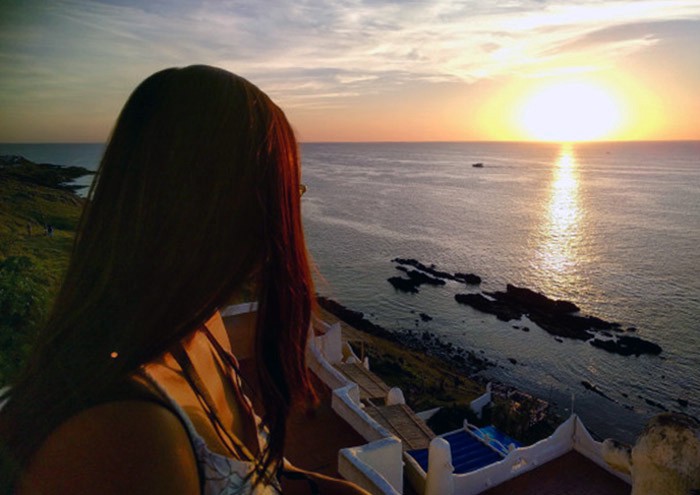 Our Product Designer, Amanda, working remotely from South America. She’s helping us build a beautiful app, while travelling and reconnecting with family.
Our Product Designer, Amanda, working remotely from South America. She’s helping us build a beautiful app, while travelling and reconnecting with family. Our iOS Developer, Sam, climbing the MacPherson-Talbot Traverse in Fiordland, New Zealand.
Our iOS Developer, Sam, climbing the MacPherson-Talbot Traverse in Fiordland, New Zealand.
These are some of examples of what the amazing people I work with at Timely do every day. This is what going hard actually looks like.
It was refreshing at SaaStr Annual to hear a similar message coming from Dustin Moskovitz, Co-Founder of Facebook and currently Co-Founder & CEO at Asana. Dustin explained the reason they practice balance and mindfulness at Asana is because they expect the company to get better commercial returns as a result. Not only have they baked this into their culture at Asana, they’ve developed an excellent resource on the topic called wavelength. Mr Moskovitz has become a staunch advocate for work-life balance having been interviewed and written about the topic passionately for the past few years.
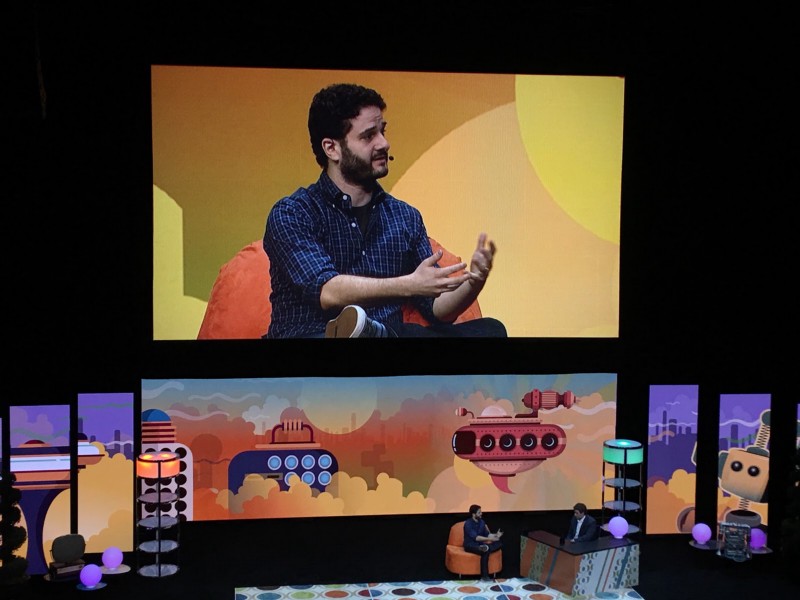
And so, I wasn’t the odd one out at all. Others, including super successful people, are rocking versions of #timelylife.
But do these laws of natural selection actually apply to SaaS companies?
A week after SaaStr Annual, as this question was on my mind, news started hitting the headlines about treatment of people at Uber. These accounts are a tough read for anyone with an ounce of morality. Granted Uber are a very successful company and perhaps their commercial muscle will be strong enough to compensate for the negative workplace that’s reported. But they, like most SaaS companies, have plenty of competition in the ecosystem. They are subject to the laws of natural selection in SaaS.
One of those competitors is Lyft. At SaaStr Annual I heard Lyft’s CBO, David Baga, outline their growth story and present their company values; be yourself, uplift others, create fearlessly and make it happen.
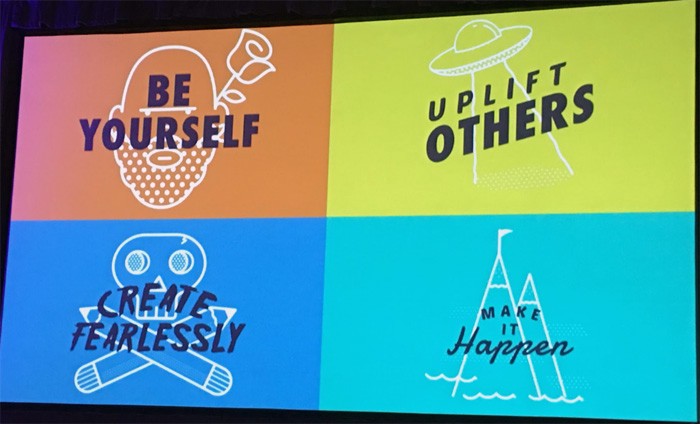
By comparison Uber’s company values are around ambition and ideas ahead of people. One culture puts people first, the other puts ambition first. I travelled around San Francisco during my time at SaaStr Annual using both Uber and Lyft. In many cases people were driving for both companies. The Uber rides were faster, but more transactional and on one occasion, life threatening. The Lyft drivers were friendlier and made me feel safer. The drivers for each company personified the company values and it was noticeable as a customer.
Lyft surpassed Uber for the first time in App Store downloads last month. Is that a coincidence, or natural selection in the SaaS ecosystem? I’d argue the latter and I hope Lyft comes to New Zealand soon.
Overall, SaaStr Annual was a blast. Though I’d expected to be the odd one out, I met other founders who were passionate about work-life balance. Founders who are working harder to create those environments that value people, well-being and inclusiveness. I returned home to my family and our growing business with renewed energy and feeling good that some companies in our industry are heading in the right direction.
The good news is that I’m confident the problems we have in the tech industry around busyness, inclusiveness and diversity will be solved. Natural selection will ultimately take care of that. The bad news is that natural selection takes time. Generations of time. To those folks out there who are actively working to break the cycle so that we can see evolution in our generation, thank you. We’re with you.
